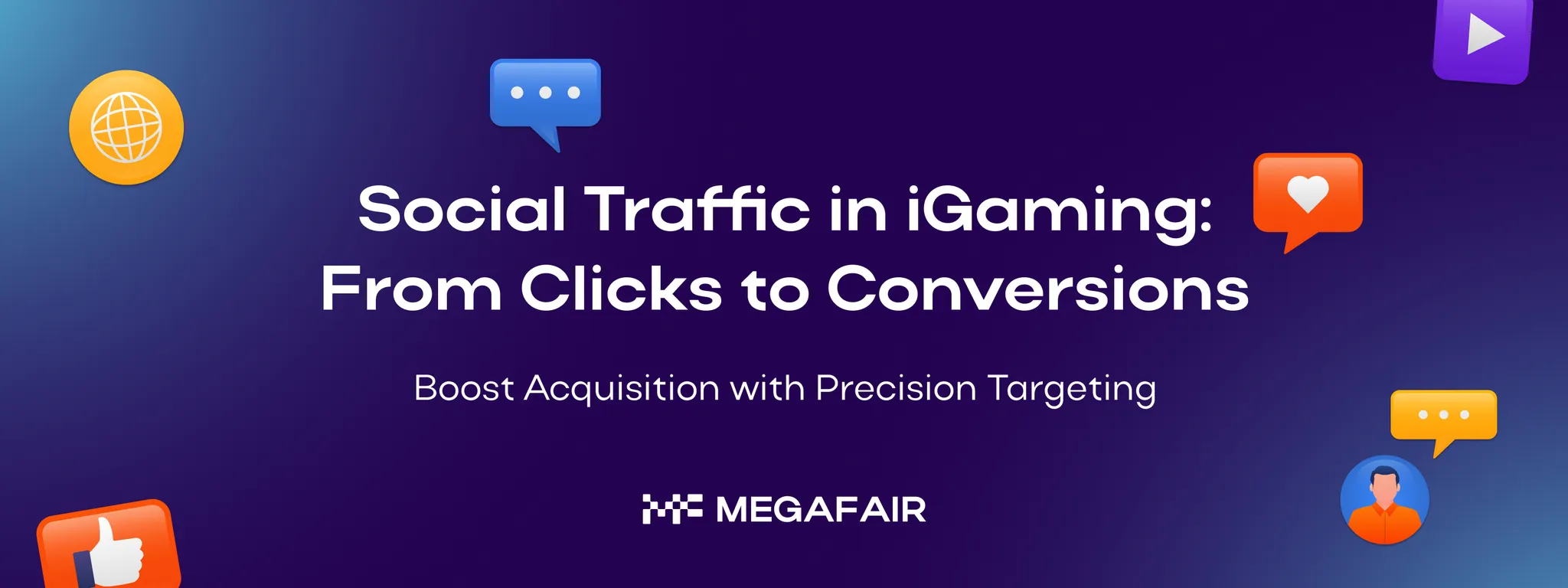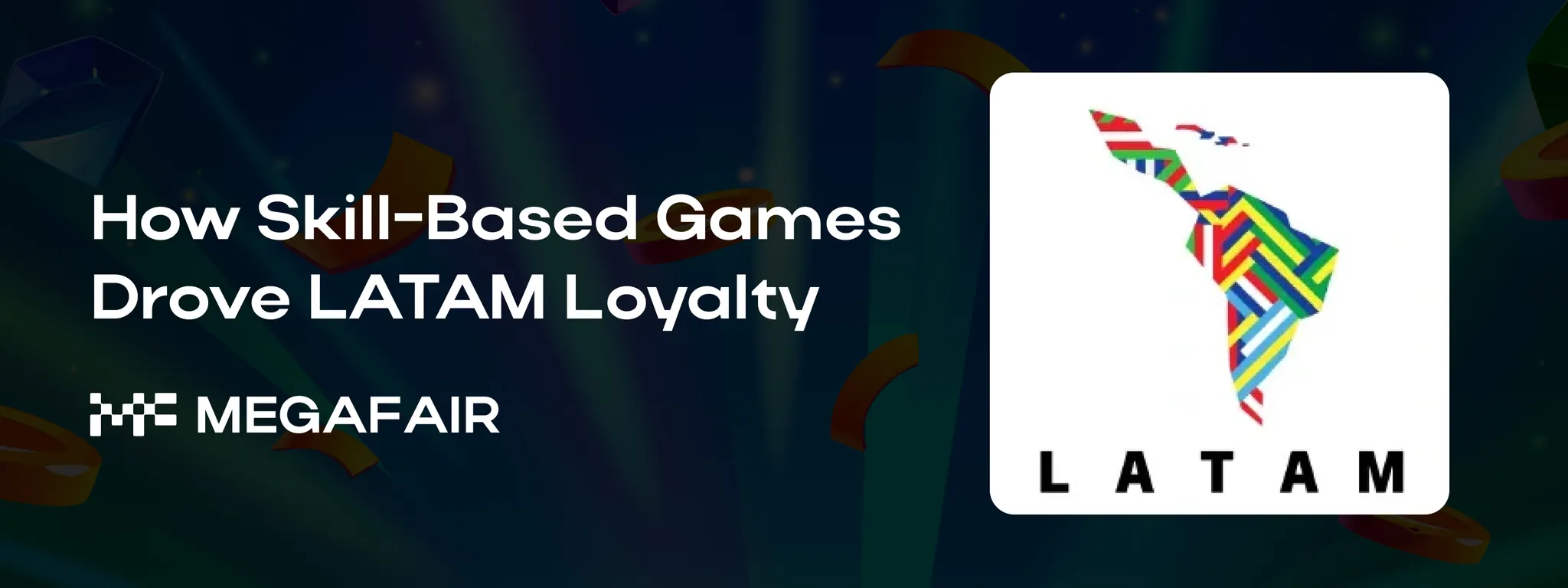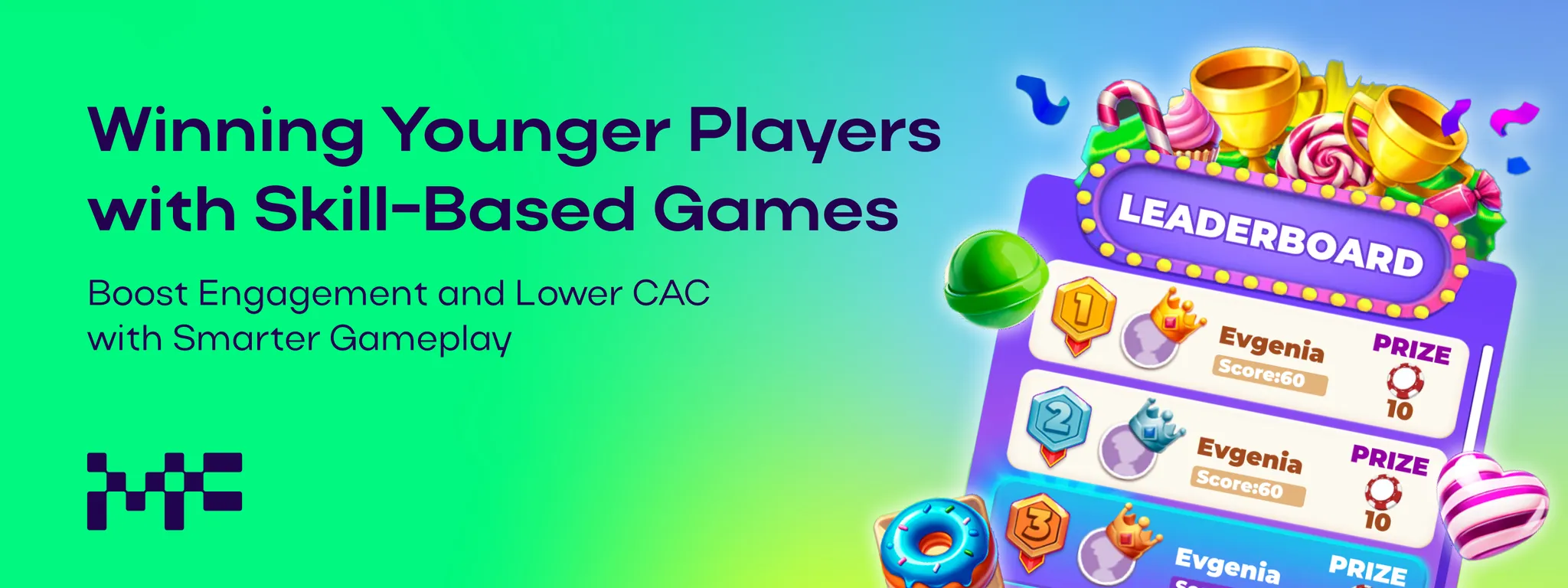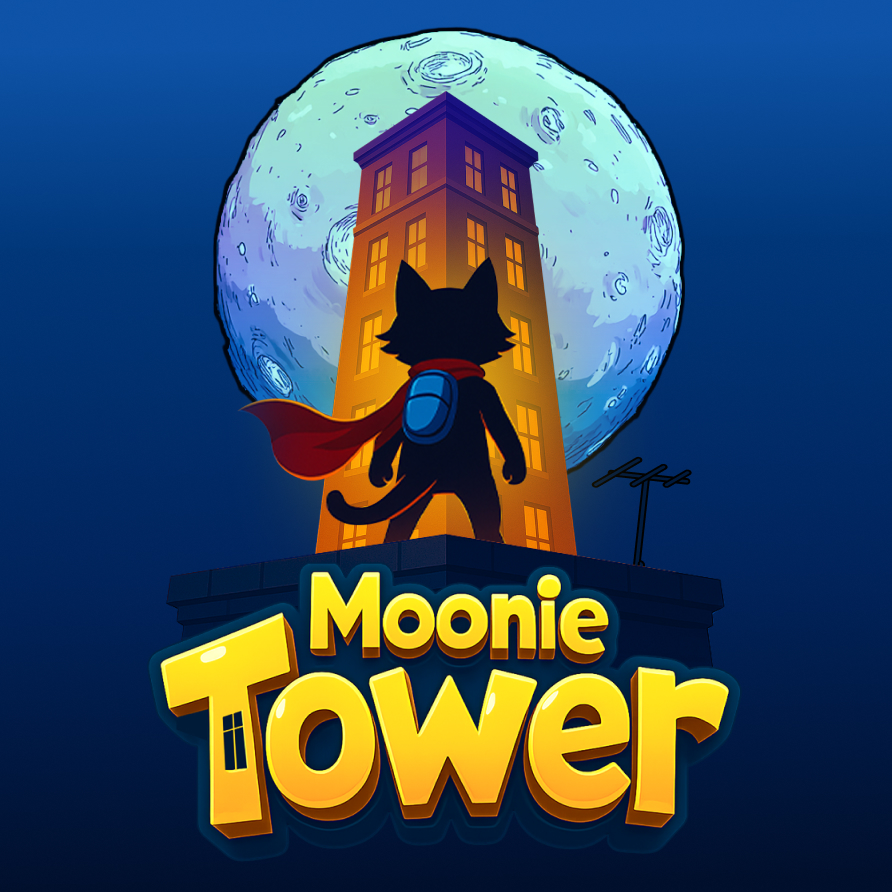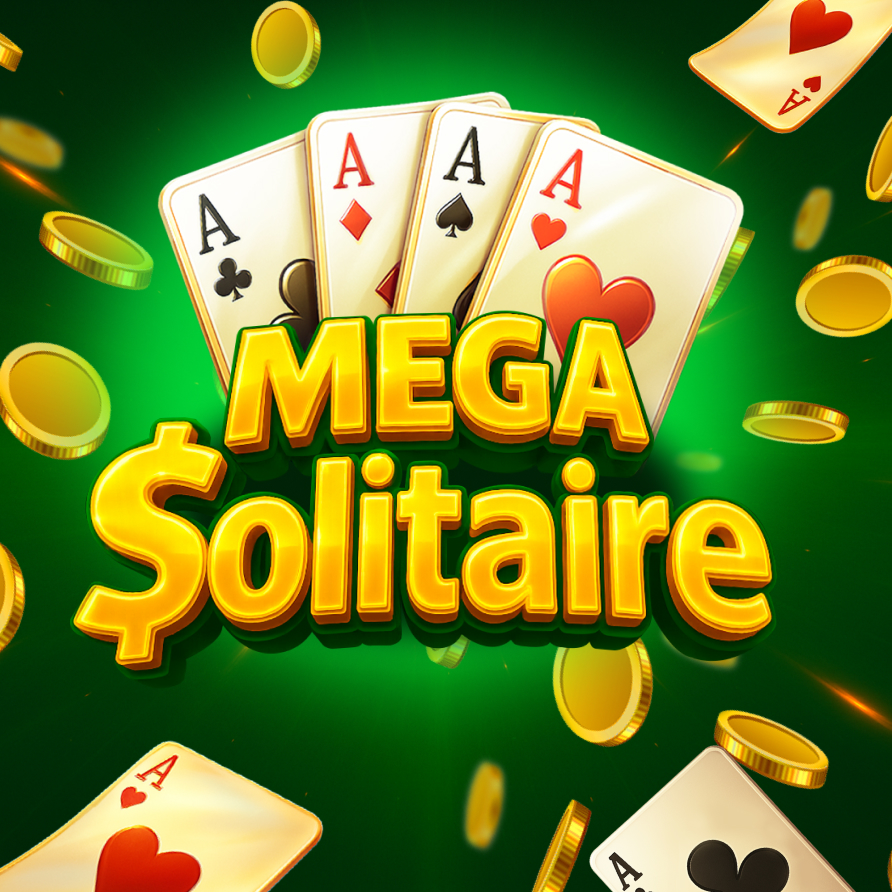Gamification in iGaming: A Balancing Act
The iGaming industry is evolving rapidly, and gamification is playing a central role in this transformation. By introducing features like leaderboards, achievements, and rewards, gamification boosts player engagement and loyalty. For skill-based gaming companies like Megafair, it also highlights player skill over luck, creating more competitive and immersive experiences.
However, with innovation comes regulation. Gamification brings challenges to regulators tasked with protecting players and ensuring fairness. Key concerns include:
Blurred Lines: Loyalty rewards and incentives must avoid misleading or predatory mechanics.
Skill vs. Chance: Regulators must clarify distinctions between skill-based elements and traditional gambling classifications.
Responsible Gaming: Highly engaging features can extend play sessions, requiring safeguards to protect players.
Innovation Within Regulation Rather than seeing regulation as a barrier, operators can use it as a guide to innovate responsibly. Strategies include:
Transparency: Clearly explain game mechanics and reward systems.
Player Protection: Add tools like spending limits and session timers.
Compliance-Driven Design: Develop gamified features that meet legal requirements.
By focusing on fair practices and responsible gaming, operators can meet compliance standards while enhancing player trust.
A Catalyst for Growth
Gamification offers huge opportunities to redefine player experiences. When designed responsibly, it can drive engagement, highlight skill, and set new standards for fair play. Regulation ensures these innovations align with safety and trust, benefiting players, operators, and the industry.
At Megafair, we believe gamification is the future of iGaming. By blending competition, rewards, and skill-based play, we’re shaping a more engaging, responsible, and exciting gaming environment for all.

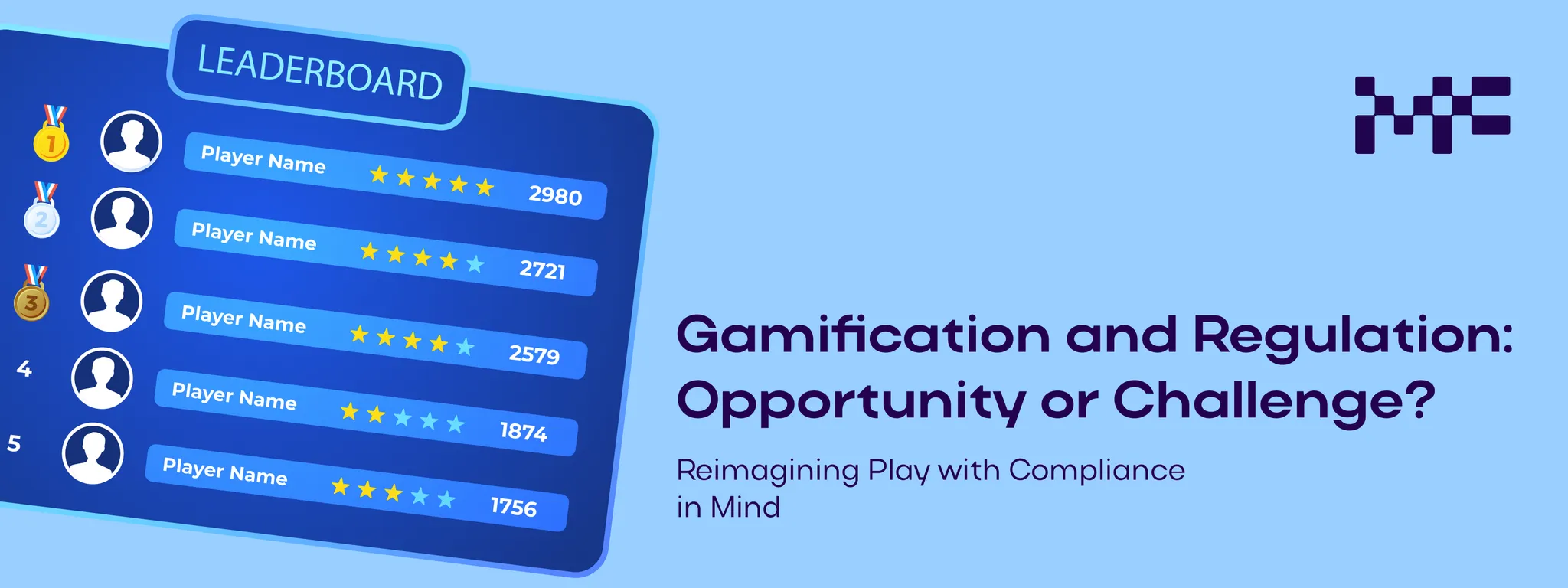
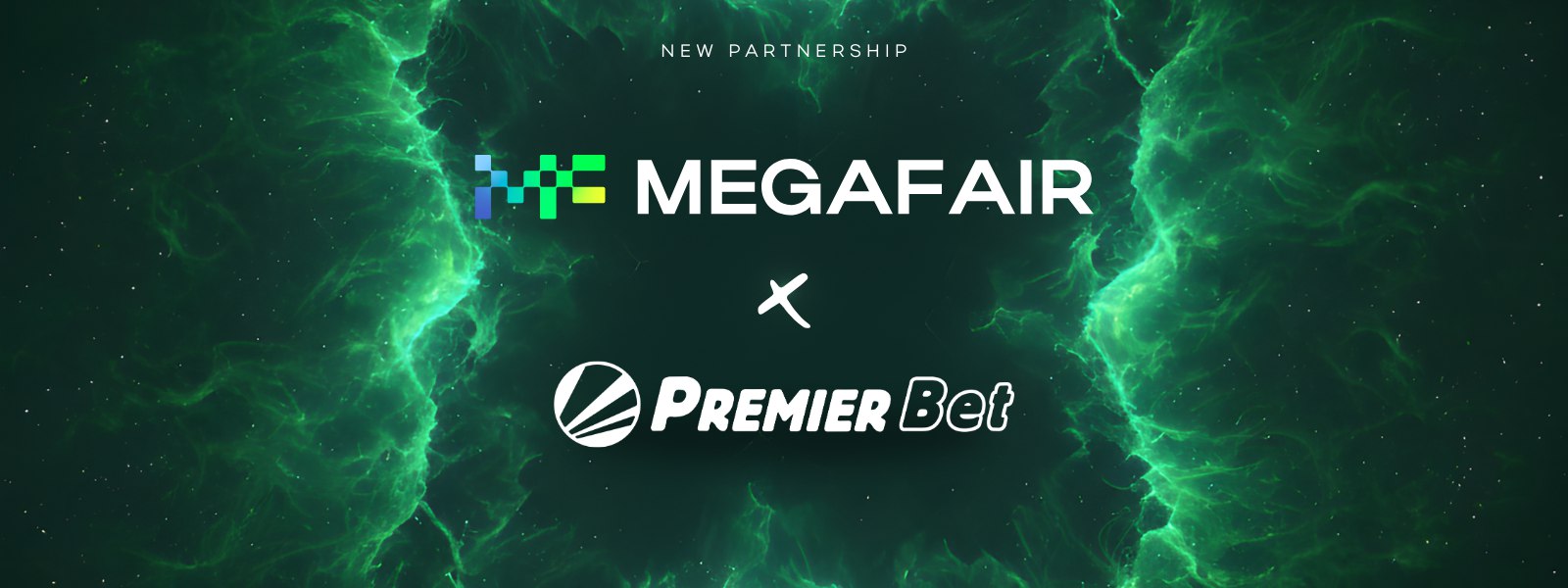
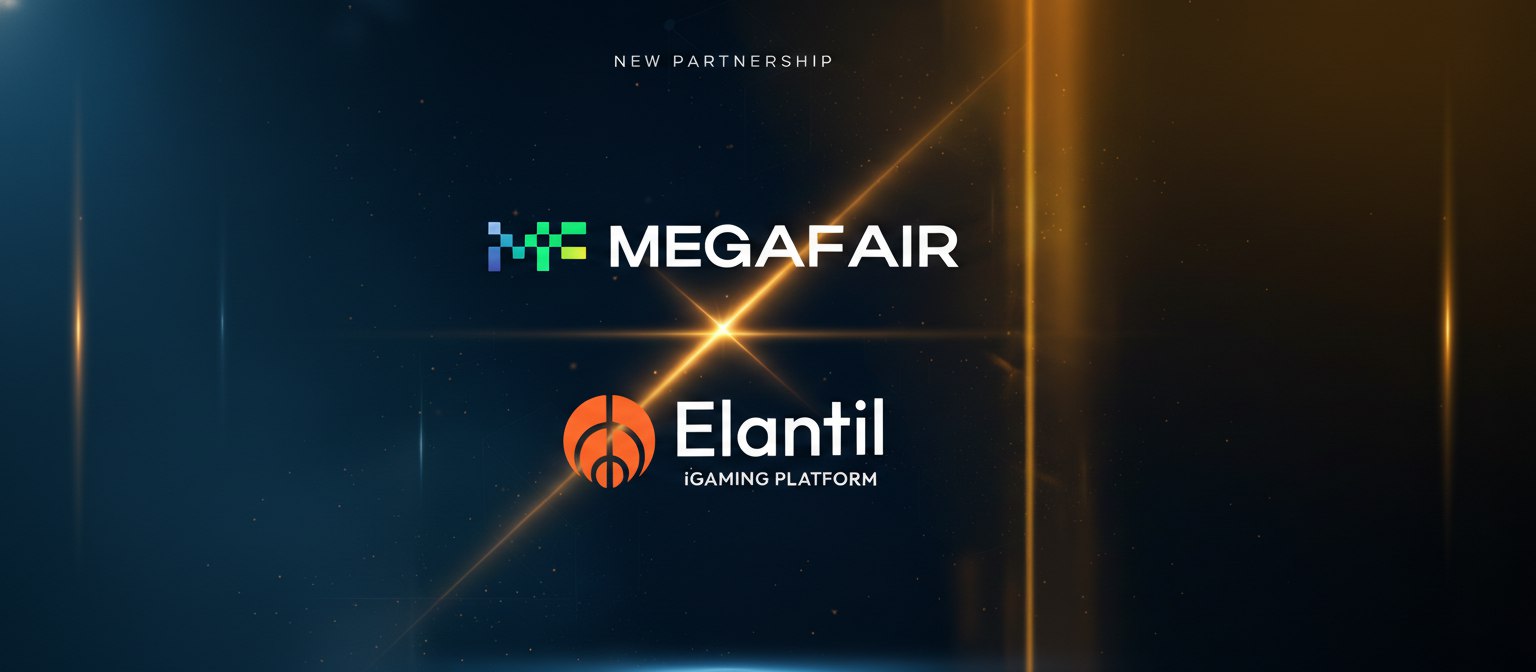
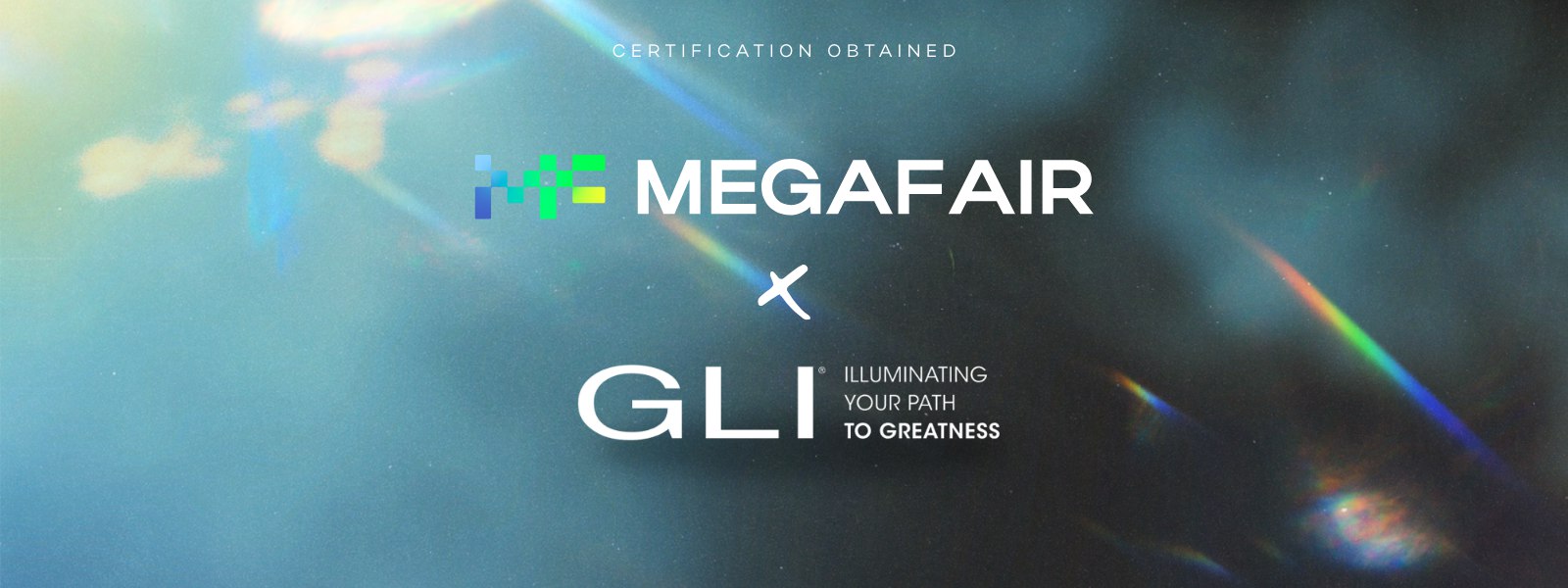

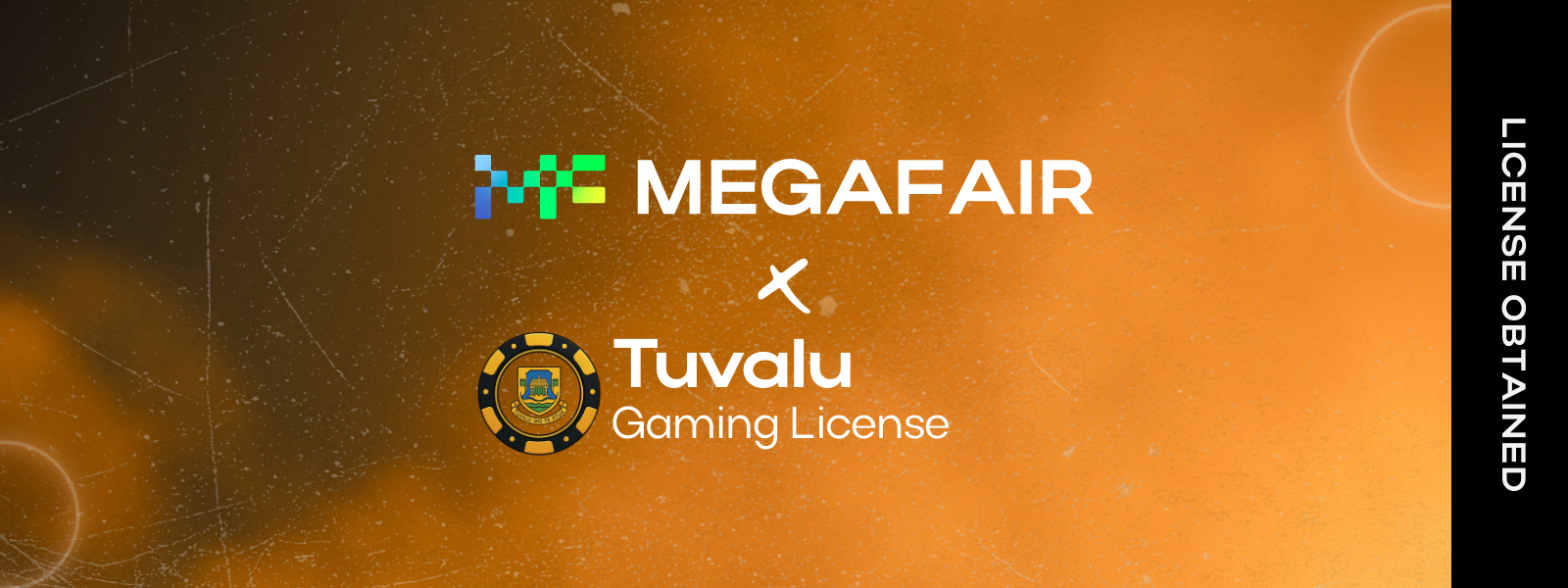


-(1).jpg)
.png)



.png)
.png)
.jpg)
